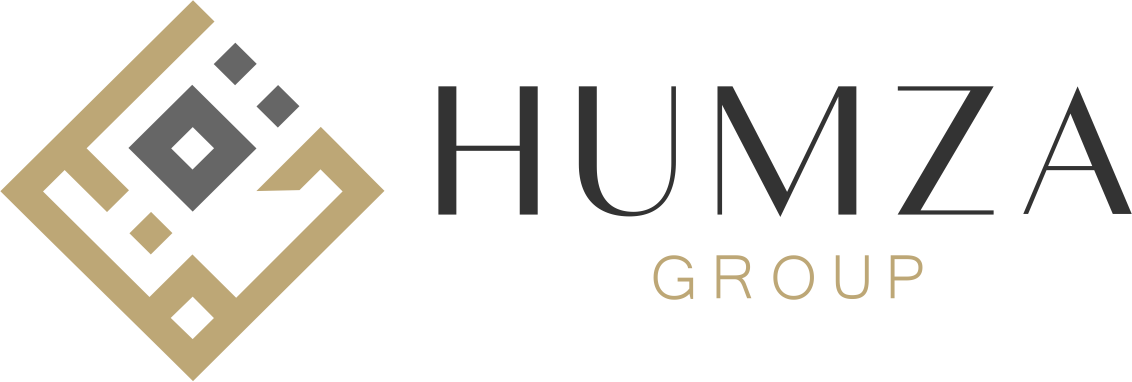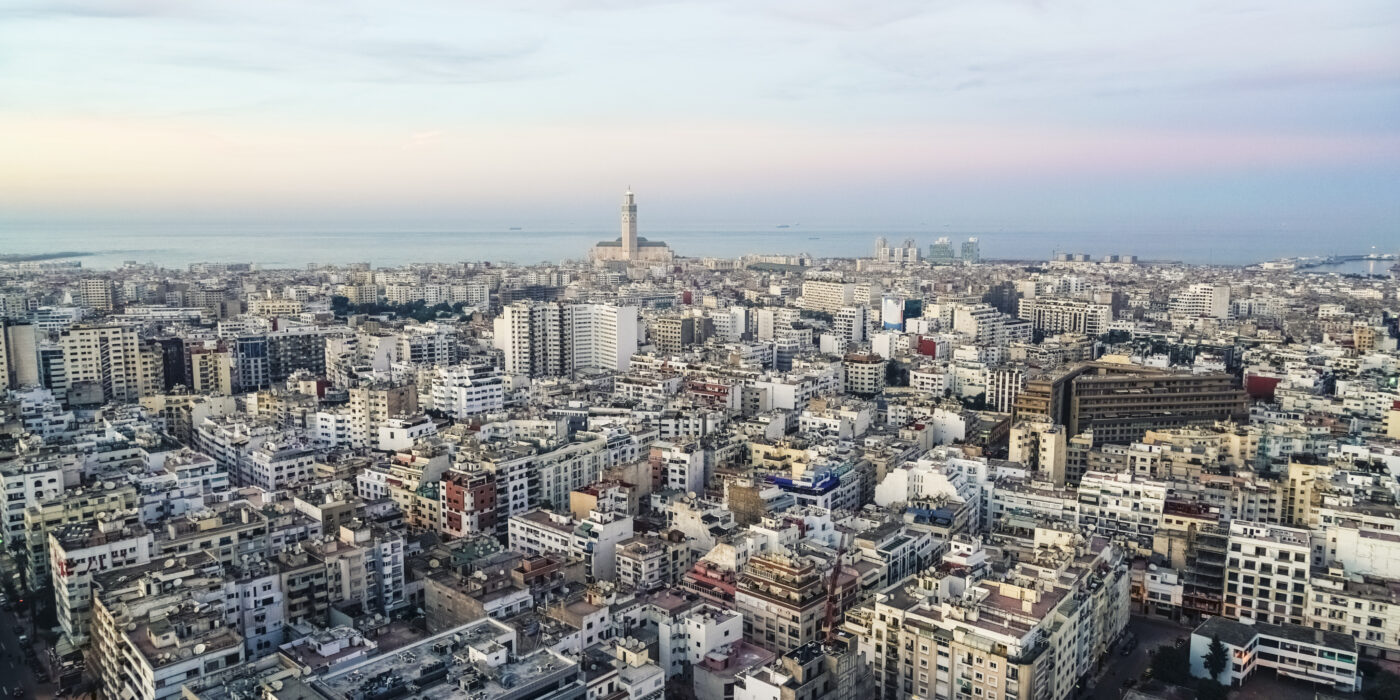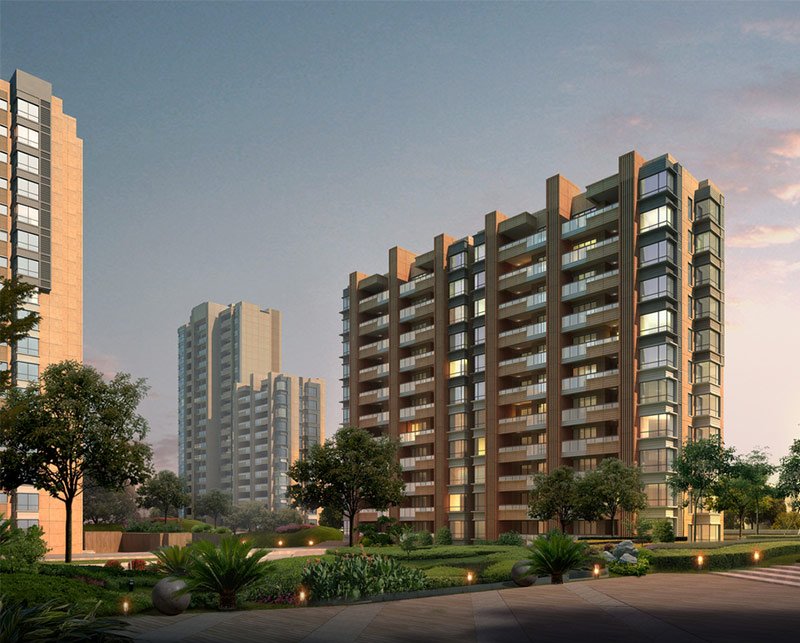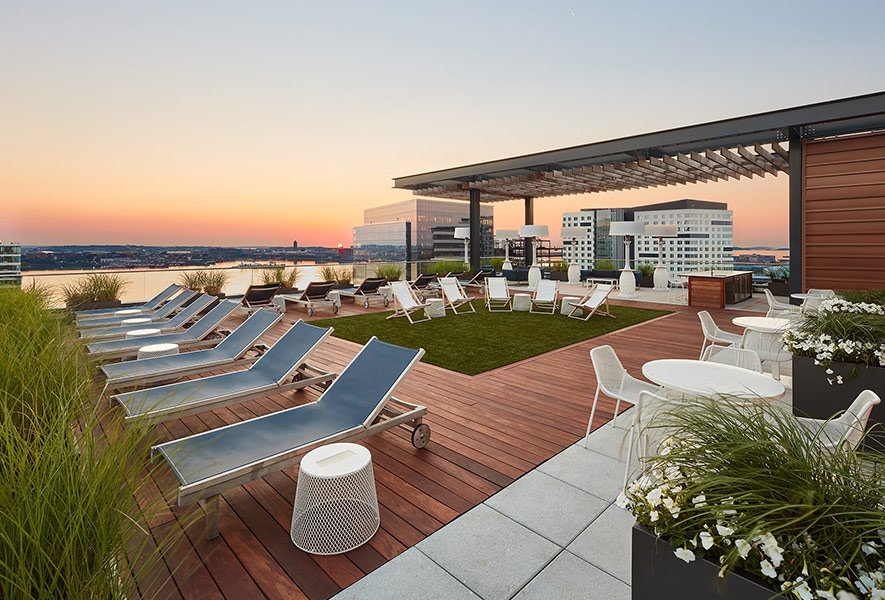Morocco’s Economic Growth and Investment Landscape
Morocco’s Economic Resilience and Stability
Morocco has consistently been one of the most stable and dynamic economies in North Africa, attracting global investors due to its diverse economy and favorable investment climate. In 2023, Morocco’s GDP growth rebounded to 3.02% after a challenging period, driven by a strong recovery in agriculture, mining, and services sectors. The country has a well-developed infrastructure, modern banking system, and a stable political environment, making it an attractive destination for long-term investments.
Key Economic Indicators (2023):
• GDP Growth: 3.02% recovery, following a dip in 2022
• Inflation Rate: Reduced to 6.1% in 2023 after a peak of 8.3% in 2022, stabilizing with the drop in energy prices
• Public Debt: Remained stable at 75.6% of GDP, a manageable level compared to many other emerging markets
• Foreign Direct Investment (FDI): Morocco consistently ranks among the top African countries for FDI, with inflows of $3.6 billion in 2022.
Why Invest in Morocco’s Economy?
Morocco’s strategic location as a gateway between Europe, Africa, and the Middle East makes it an important trade hub. The government continues to promote policies favorable to foreign investors, such as tax incentives and the establishment of free zones. Additionally, Morocco is investing heavily in infrastructure—such as high-speed rail, ports, and renewable energy projects—which is further boosting its economic growth and development prospects.
With stable economic policies and continued modernization, Morocco provides a resilient and predictable environment for foreign investors.



